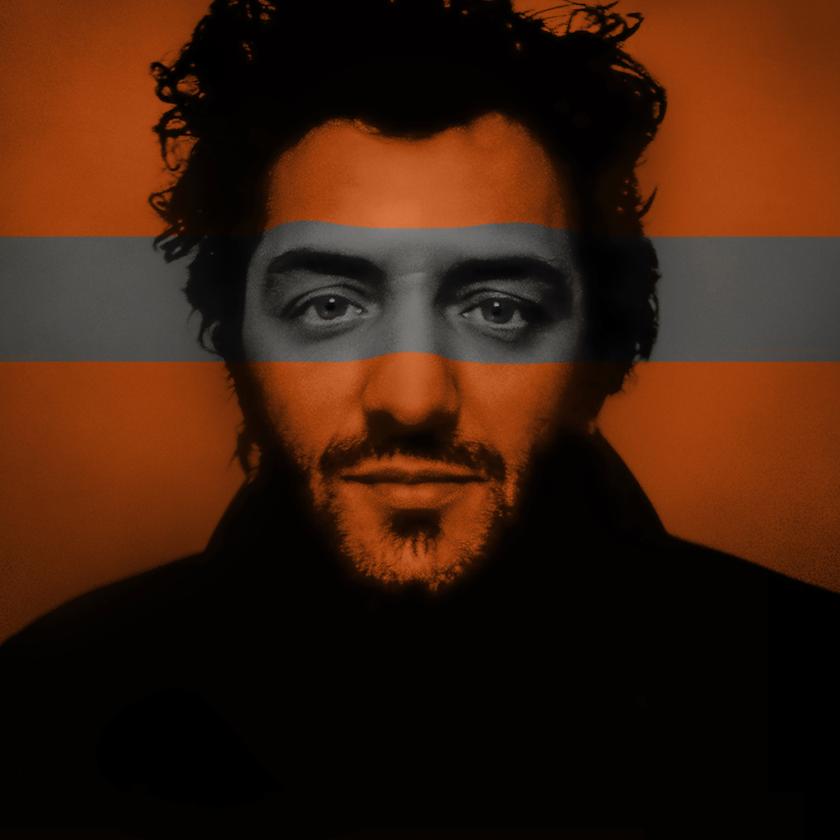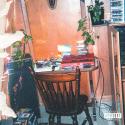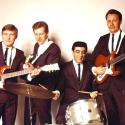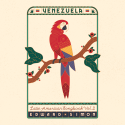Rachid Taha, sadly felled by a heart attack just over a year ago, has come back from the dead! He could not sound more lively than on this vibrant posthumous offering, definitely not something cooked up from tasty leftovers, but a well thought-through album, which, in his usual vein, draws together the sounds of the Maghreb and rock’n’roll.
At his very best (and he could be erratic) Taha, born in Algeria, having lived the difficult childhood and adolescence of an Arab immigré in Lyon, was a volcano of energy, pacing around the stage with fury and joy. Inevitably, only a fraction of this can ever be caught in a recording. He was from the start a political animal, not in the sense of joining in the masquerade that is politics, but in terms of the content of his lyrics and the anger and conviction of his rebel stance. Much of that sentiment is present on the new album, but there is a maturity and irony now, as he plays with the need to sing in English for the first time, and throws out the line “I can see for miles, and Miles Davis”, or imagines himself as a striptease artist, needing to perform to pay the rent. In “Andy Waloo” the stand-out, a rocking party track, he name-checks or drops the names of celebrities on his culturally mixed-up artist’s radar, Khalil Gibran and Johnny Cash, Lou Reed and Oum Kalthoum.
Mix or mash-up describe Taha’s eclecticism and iconoclastic exploration well: there are sumptuous oriental strings, a wailing kaval (flute), a Spanish-Mexican trumpet reminiscent of Messaoud Bellemou, one of the precursors of Rai, a range of plucked string instruments from rock guitars to the Malian gunbri and the Turkish cümbüs. Lyrics are in Arabic, French, English, Spanish, as well as Taha’s trademark Algerian street-mix of Arabic and French. The Clash are supposed to have written and recorded “Rock The Casbah”, as a response to the punky energy they recognised in Taha, when they met briefly in Paris. Rachid Taha, innovated playfully until the eleventh hour. He certainly knew how to rock, and the casbah has never been the same since.















Add comment